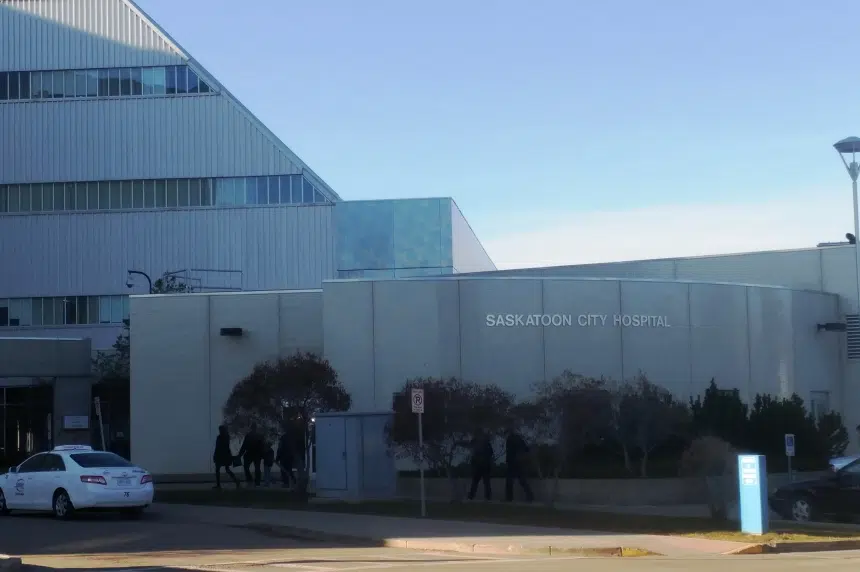The University of Saskatchewan’s multiple sclerosis (MS) research team is looking to change the way the disease is treated.
The chair in MS Research, Dr. Micheal Levin, joined Gormley on Monday morning to discuss the new advances his team has been making, and to answer questions from listeners regarding the disease.
He said his team has been looking at the way stress granules, which are created in the cell, react differently when it comes to a person diagnosed with the disease. His lab was the first to discover stress granules in nerve cells from an MS patient last year.
“All cells in our body are in some sort of stress,” Levin said. “In MS and other neurologic diseases, we think those stress granules are different.
“They might have different components, and under a lot of stress, those stress granules may stay too long. When they stay too long, the cell begins to die, and they may have problems dissolving or disassembling over time.”
He says the team has been able to manufacture stress granules in the lab, and is focusing on designing drugs to either make the granules protective or dissolve them.
Recently, the research team attended the Annual Consortium of Multiple Sclerosis Centres in Seattle, Wash., from May 28 to June 1.
The team had eight presentations on the research going on at the U of S and three talks at the consortium.
Hannah Salapa, a member of the team, won the 2019 Whitaker Track Research Award for her talk on stress granules in Saskatchewan.
Levin said there are six people in the core group working on the project, a post-doctorate student will be added in August, and the team is hoping to add more students for work in the fall.











